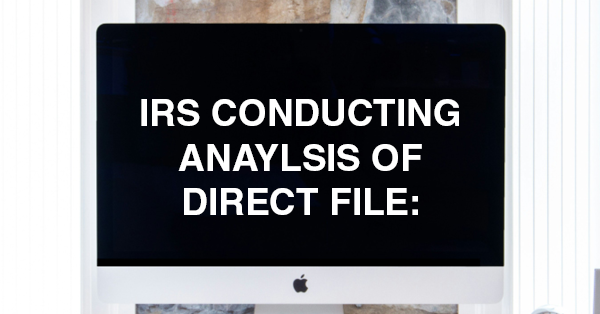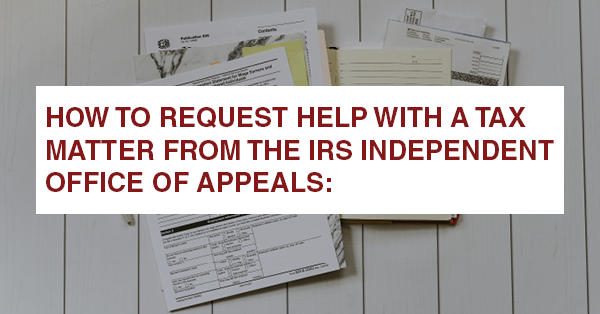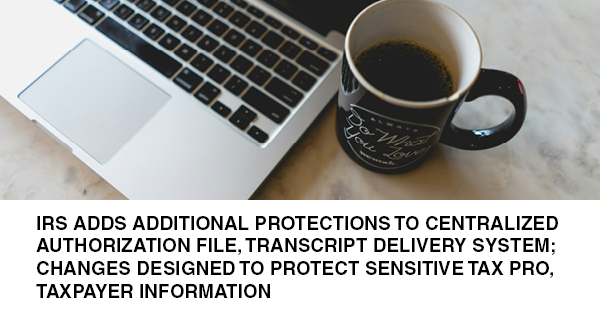IRS CONDUCTING ANAYLSIS OF DIRECT FILE:

The Internal Revenue Service declared its foray into online tax preparation a success and is now analyzing data from this year’s pilot program and considering expansions. The Direct File website processed more than 140,000 returns, which exceeded the 100,000-goal announced in March. That was a fraction of the 19 million eligible taxpayers and of the entire population. Direct File was free for users and operated with a question-and-and answer format similar toTurboTax and other private tax software programs.
Agency officials have not yet decided whether and how to expand Direct File for next year’s tax-filing season. They will release a detailed report before a potential announcement later this spring.
This year, Direct File was limited to 12 states and to taxpayers with relatively simple returns. A future expansion could add more states and more complex returns, such as those with itemized deductions, tax credits for health insurance or income from gig work.
It does seem, however, that politics may play a role in the decision to continue the program. It is uncertain whether a potential second Trump administration would stop the program. Republicans argue that Direct File is unnecessary and duplicative of free public and private tax-preparation assistance. Democrats such as Sen. Elizabeth Warren (D., Mass.) have cheered Direct File, calling it easy to use and an example of the government modernizing its services over time.
The IRS and Treasury Department spent $10.5 million building the system and $2.4 million operating it, plus other prior work for a total of $24.6 million. Costs per user will decrease if Direct File expands, said IRS Commissioner Danny Werfel.
Chris Givens, who helped lead Direct File for the U.S. Digital Service, said Direct File now has a good foundation and that its designers understand how to add new forms and schedules. “This feels like a real culmination of the lessons that we’ve learned since Healthcare.gov,” he said earlier this month. “The IRS prints a paper form and that paper form is locked forever. With Direct File, we can iterate.”




